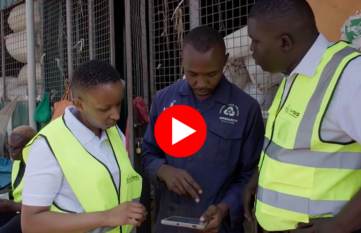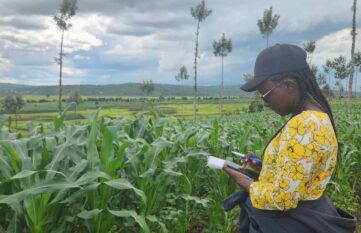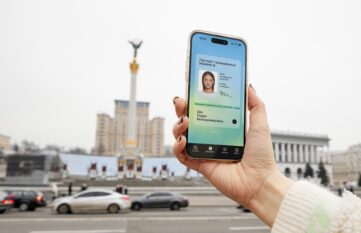From guesswork to data: How an app saves harvests

In Senegal, where agriculture plays a vital role in both the economy and everyday life, farmers are facing mounting challenges brought on by climate change. Erratic rainfall, rising soil salinity, and an increase in pest infestations are making it harder than ever to sustain reliable crop yields. But where uncertainty once reigned, a new wave of digital transformation is offering hope—thanks in no small part to innovators like Seydou Ka.
A geomatician with a passion for applying technology to real-world problems, Seydou Ka is leading the charge in transforming agriculture through data. His second-place finish at the OPENDATA Hackathon in Dakar, hosted by Senegal’s National Agency of Statistics and Demography, is a testament not only to his technical skill, but also to a broader movement of local innovation solving Africa’s development challenges from within.
For years, Senegalese farmers have worked under the heavy burden of unpredictability. Without access to timely, actionable data, problems like water stress and nutrient deficiencies often go unnoticed until harvests are already lost.
Our farmers were often navigating blindly—guessing rather than knowing when their crops were in trouble.
Seydou Ka, Geomatician
Determined to break this cycle, Seydou and his team developed AssamaneSi, a GeoAI-powered platform designed to give farmers the insights they need—before it’s too late. Built with support from the Federal Ministry of Economic Cooperation and Development (BMZ)-funded Data Economy Initiative under the Team Europe Action “Data Governance in Africa”, the platform brings together over 250 agricultural and climate datasets into one user-friendly system. The name AssamaneSi—meaning “sky” in Wolof—reflects its expansive and forward-looking mission.

And the impact is real. With access to timely insights, farmers are using resources more efficiently and protecting their harvests. Seydou’s recognition at the Hackathon highlighted this innovation as a tangible example of how technology can deliver meaningful, measurable results.
Looking ahead, the platform’s modular design means it can easily be adapted for use in other African regions facing similar agricultural challenges. As new features are added, including the chatbot, AssamaneSi is set to become an even more powerful tool for resilience and food security.
Seydou Ka’s work shows what’s possible when local knowledge meets open data. AssamaneSi isn’t just a platform—it’s a signal of what the future of agriculture in Africa can look like: intelligent, inclusive, and built from the ground up.


